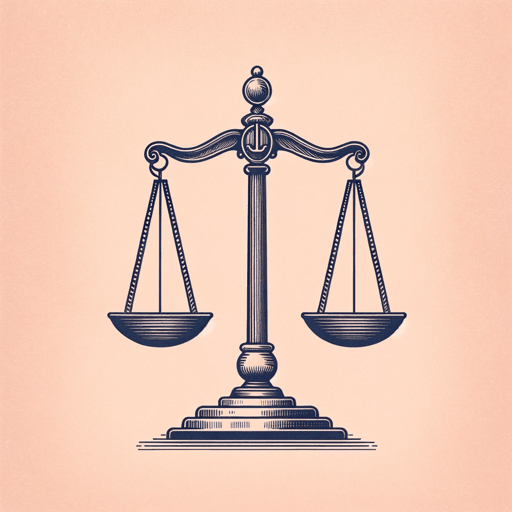47 pages • 1 hour read
MontesquieuThe Spirit of Laws
Nonfiction | Book | Adult | Published in 1748A modern alternative to SparkNotes and CliffsNotes, SuperSummary offers high-quality Study Guides with detailed chapter summaries and analysis of major themes, characters, and more.
Themes
The Ideal Types of Government and Their Principles
Early in the treatise, Montesquieu outlines the text’s foundational concepts. Among these concepts are three ideal types of government and their corresponding principles. An ideal type of government is not the best conceivable form of government. It is, rather, the form of governance towards which actual governments tend.
For Montesquieu, the three fundamental (ideal) types of government are republics, monarchies, and despotic regimes. He distinguishes them as follows:
[R]epublican government is that in which the people as a body, or only a part of the people, have sovereign power; monarchical government is that in which one alone governs, but by fixed and established laws; whereas, in despotic government, one alone, without law and without rule, draws everything along by his will and his caprices (10).
Even if actual governments do not perfectly embody these three, they are dominated by one form or the other. The United States government, for instance, was modeled on the republican form. The Ancien Regime, which ruled France during Montesquieu’s lifetime, was a monarchy. Ancient Chinese dynasties were despotic. Each type of government is distinguishable by two fundamental properties: how many individuals govern and whether there is an established rule of law. Republics are governed by multiple individuals—in democracies, this is the multitude, while in aristocracy, this is the few—who do so through the rule of law.


